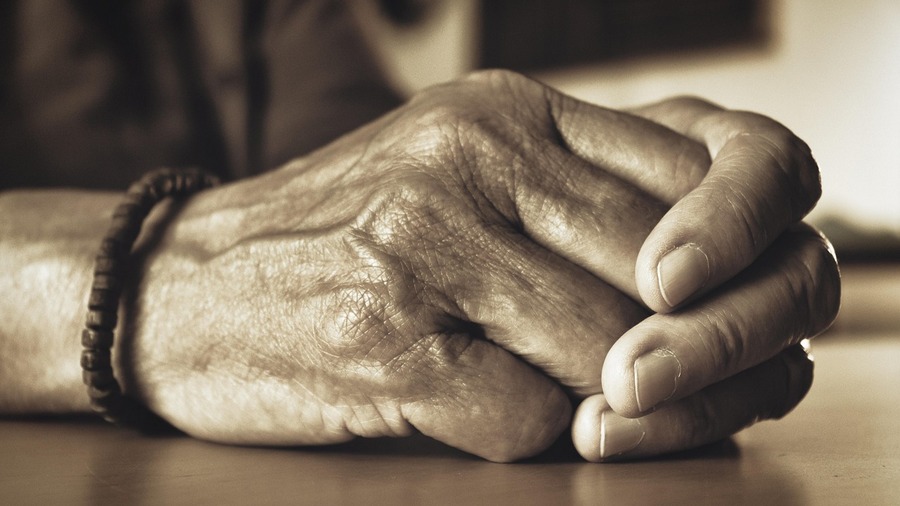And how is [consciousness] anxious because of grasping? It’s when an unlearned ordinary person has not seen the noble ones, and is neither skilled nor trained in the teaching of the noble ones. They’ve not seen true persons, and are neither skilled nor trained in the teaching of the true persons. They regard form as self, self as having form, form in self, or self in form. But that form decays and perishes, and consciousness latches on to the perishing of form. Anxieties occupy the mind, born of latching on to the perishing of form, and originating in accordance with natural principles. So it becomes frightened, worried, concerned, and anxious because of grasping. They regard feeling … perception … choices … consciousness as self, self as having consciousness, consciousness in self, or self in consciousness. But that consciousness decays and perishes, and consciousness latches on to the perishing of consciousness. Anxieties occupy the mind, born of latching on to the perishing of consciousness, and originating in accordance with natural principles. So it becomes frightened, worried, concerned, and anxious because of grasping. That’s how it is anxious because of grasping.
And how is it not anxious because of grasping? It’s when a learned noble disciple has seen the noble ones, and is skilled and trained in the teaching of the noble ones. They’ve seen true persons, and are skilled and trained in the teaching of the true persons. They don’t regard form as self, self as having form, form in self, or self in form. When that form decays and perishes, consciousness doesn’t latch on to the perishing of form. Anxieties—born of latching on to the perishing of form and originating in accordance with natural principles—don’t occupy the mind. So it does not become frightened, worried, concerned, or anxious because of grasping. They don’t regard feeling … perception … choices … consciousness as self, self as having consciousness, consciousness in self, or self in consciousness. When that consciousness decays and perishes, consciousness doesn’t latch on to the perishing of consciousness. Anxieties—born of latching on to the perishing of consciousness and originating in accordance with natural principles—don’t occupy the mind. So it does not become frightened, worried, concerned, or anxious because of grasping. That’s how it is not anxious because of grasping.
Read the entire translation of Majjhima Nikāya 138 Udānadesavibhaṅgasutta: A Summary Recital and its Analysis by Bhikkhu Sujato on SuttaCentral.net. Or read a different translation on DhammaTalks.org. Or listen on PaliAudio.com or SC-Voice.net. Or explore the Pali on DigitalPaliReader.online.
Or read a translation in Lietuvių Kalba, Русский, বাংলা, Deutsch, Español, Français, हिन्दी, Hrvatski, Bahasa Indonesia, Italiano, 日本語, မြန်မာဘာသာ, Norsk, Português, සිංහල, Slovenščina, ไทย, Tiếng Việt, or 汉语. Learn how to find your language.


 Copyright: Creative Commons Zero (CC0) To the extent possible under law, Bhikkhu Sujato has waived all copyright and related or neighboring rights to his own translations on
Copyright: Creative Commons Zero (CC0) To the extent possible under law, Bhikkhu Sujato has waived all copyright and related or neighboring rights to his own translations on